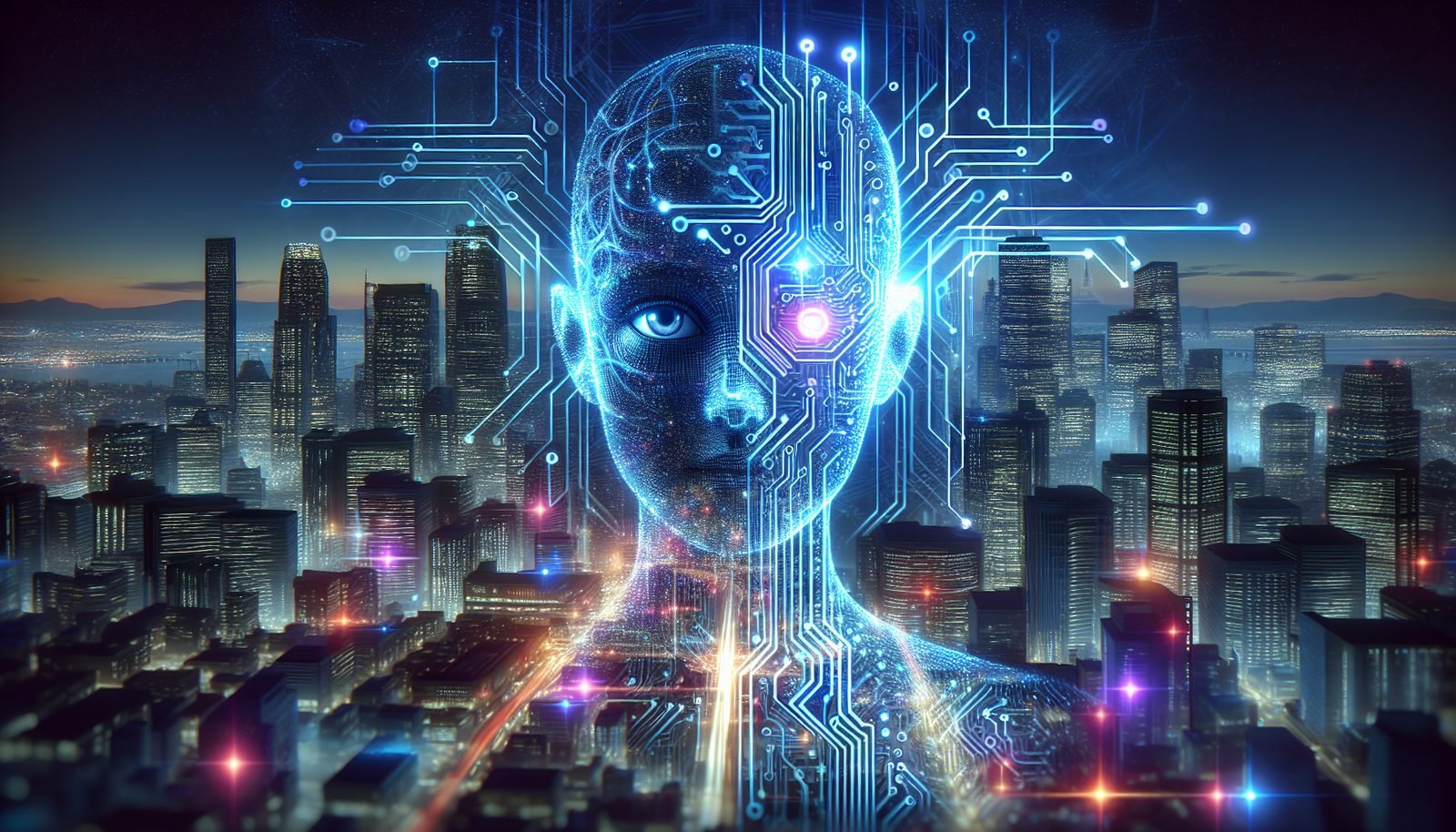*Recently, bold predictions are emerging in the field of artificial intelligence.* The CEO of Anthropic, an industry visionary, announces that *within three to six months, AI could produce 90% of the code usually written by developers.* This radical transformation raises profound questions about the future of software development. Companies will need to question their usefulness in the face of this rapid automation. *The impact on technology jobs* would prompt a reshaping of required skills and a redefinition of the role of engineers. The time has come to consider the technological world at the dawn of this revolution.
Dario Amodei’s Predictions on AI and Software Development
Dario Amodei, the CEO of Anthropic, recently shared his bold forecasts regarding the future of software development. According to his estimates, artificial intelligence could be capable of generating up to 90% of the code traditionally written by human developers within 3 to 6 months. This assertion disrupts the established norms in the industry and raises questions about the future of programming.
A Rapid Transition to Generative AI
Recent advancements in generative AI mark an unprecedented turning point in the technological field. AI tools, such as those developed by Anthropic, are rapidly approaching the ability to produce code autonomously. Analysts confirm that this evolution could radically transform current development methods, increasing efficiency and speed in programming processes.
Impact on Developers and the Technology Industry
Software developers must adapt to this new reality. Their roles are evolving toward responsibilities more focused on supervising and optimizing AI systems rather than on repetitive coding tasks. This technological revolution also raises questions about the sustainability of existing positions in the sector.
The Benefits of Code Automation
The benefits of increased code automation are manifold. On one hand, the speed of the development process should allow for faster solutions to be brought to market. On the other hand, a significant reduction in human errors could also result, increasing the reliability of the produced software. Companies such as ServiceNow are already committing to integrating AI to enhance their offerings. ServiceNow acquires Moveworks to strengthen its position in this rapidly changing market.
Challenges to Overcome
Despite the advantages, several challenges remain. The security and ethics of generative AI represent major concerns. The possibility that AI tools could produce code containing vulnerabilities poses an obvious risk for businesses. Furthermore, the question of the integrity and accountability of AI in software development highlights the need for a robust regulatory framework. Ethics in AI must thus be integrated from the outset to avoid potential drift.
Conclusion on the Future of Software Development
Dario Amodei’s predictions foreshadow a radical transformation in software development. AI models seem poised to redefine the technological landscape within months, propelling the industry to new heights of innovation. Moreover, French companies are aligning with these changes, with 45% of them already adopting a global data-sharing strategy. As AI continues to advance, the question of the balance between automation and human intervention in software development deserves close examination.
Frequently Asked Questions about AI and Code Writing by Dario Amodei
What impact will AI have on the software development sector in the coming months?
According to Dario Amodei, AI could write up to 90% of the code traditionally written by software developers, which will profoundly transform development processes and may decrease demand for certain developer roles.
How will AI manage to generate code so efficiently?
AI models, such as those developed by Anthropic, are trained on vast datasets of coding, allowing them to understand and reproduce complex code structures autonomously.
Should software developers be worried about their jobs?
While increasing efficiency of AI may reduce certain tasks, it can also create new opportunities for developers, particularly in areas requiring human expertise, such as software architecture and project management.
What skills should developers acquire in light of this evolution in AI?
Developers should focus on complementary skills such as understanding AI systems, project management, and developing dedicated applications to maximize their market value.
How accurate will AI be in writing code?
Significant progress has been made in the accuracy of AI models, but it is likely that human supervision will still be needed to verify the quality and integrity of the generated code.
What will be the transition time to integrate AI into software development?
Predictions indicate that this transformation could begin to materialize within 3 to 6 months, but widespread adoption will depend on many factors, including acceptance by businesses and developers.
Will companies need to invest more in technology to leverage this AI?
It is likely that companies will need to invest in AI-based tools and train their teams to integrate them effectively into their development processes.
How will new AI technologies influence collaboration practices among development teams?
With AI capable of generating code, collaboration may become more focused on supervision and direction of projects, allowing teams to concentrate on more strategic and creative tasks.






